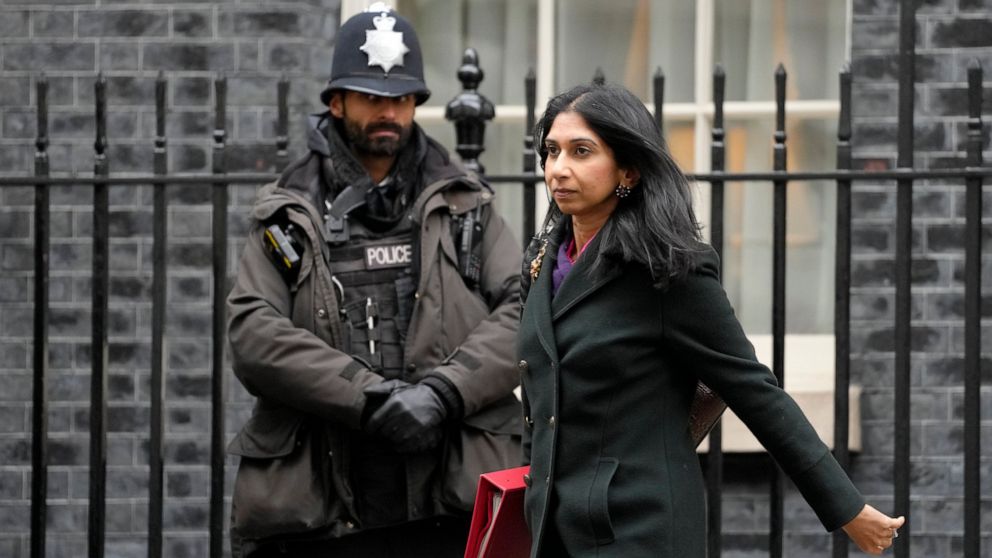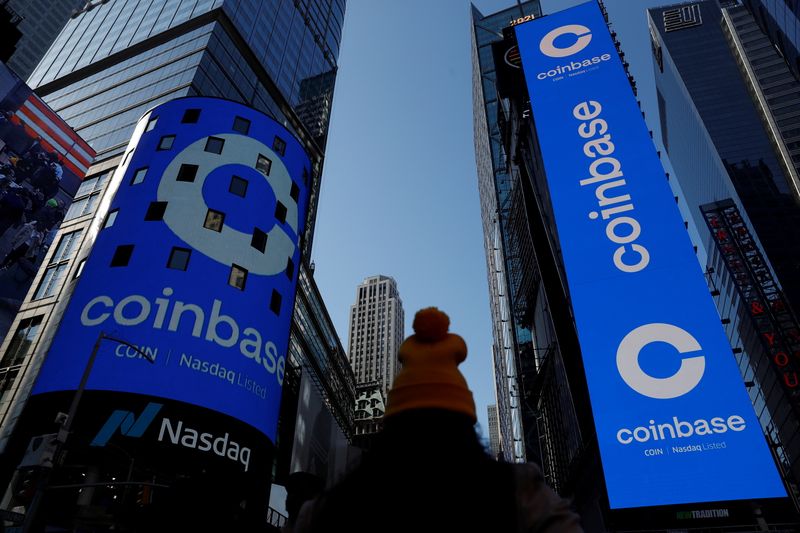The Wire, a website that identifies as a news portal, was a victim of a prank this month. It appears that someone or some group made up a story that some activists in India are conditioned to buy—that the social media giant Meta, formerly known as Facebook Inc, is in cahoots with the Indian government. And sold this lemon to The Wire. Some argue that the website was not a victim at all, and that it fabricated the story to attract more people to donate money to its efforts to end a right-wing regime in India. I simply do not believe that. Indian activists tend to be simpletons, not frauds.
What happened was that The Wire ran some “investigative” stories that claimed Meta, which owns Instagram, had given special privileges to Amit Malaviya, head of the social media cell of the ruling Bharatiya Janata Party, to take down Instagram posts that he didn’t like. The reports said this information was given to it by a source inside Meta.
The premise is so silly that it would have been a red flag to any professional news desk. But this is the type of conspiracy that activists easily believe. To support its story, The Wire quoted an email of a senior functionary of Meta, which turned out to be fabricated. Other back-ups of the story were fabrications too. Thus, yet another sanctimonious organization that lamented “fake news” was itself a transmitter of it. No Nobel for you.
Meta is a low-hanging fruit for a type of activists across the world. How Meta became the arch-villain of our times has a definite origin story that is very different from the traditional reasons why giant corporations are despised by people who claim to have something called empathy. The aversion to Meta, however, has nothing to do with empathy.
The Western media, which still holds extraordinary influence over how the world must think of politics, books, films, food and animals, is yet to forgive Facebook for democratizing opinion. “Social media gives legions of idiots the right to speak when they once only spoke at a bar after a glass of wine, without harming the community… but now they have the same right to speak as a Nobel Prize winner. It’s the invasion of the idiots,” said the writer Umberto Eco, who has won a Nobel, of course. Not many in the Western intellectual establishment would put it this way in public, but it is probably what they believe—that only some people are qualified to transmit opinions. In any case, social media diminished the financial power and social prestige of the Western intellectual system, and Facebook was the mascot of this accidental revolution.
Hostility to Facebook has made the Western media come up with its worst analysis of human society—that fake news makes right-wing parties win elections. The fact is the inverse. The popularity of the right-wing and its strongmen makes a piece of fake news travel more than news that does not favour them. Very simply, fake news that is not popular will not travel.
The Western mainstream media has successfully created a perception that Meta is an unethical, intrusive corporation. Indian activists , including “investigative journalists” who derive their moral direction from the West and prestige from Western approval, have become foot soldiers in what is a class war between the old elite of information and a corporation that ended their clout.
A few months ago, an organization called The Reporters’ Collective published a short series of “investigative” stories that argued, among other things, that Facebook was kinder to the BJP’s fake news system than the Congress party’s equivalent by shutting down more Congress proxy pages with spurious news than BJP proxies. But the evidence was sketchy. Also, the website claimed in one of its headlines, “Facebook charged BJP less for India election ads than others”. But the fact is that Facebook’s algorithm rewards popular ads by making it cheaper per impression or link click. So the fact that the BJP’s ads were cheaper than the Congress’s was because the BJP is more popular than the Congress.
One piece of circumstantial evidence for the shoddy nature of many of these activist efforts is that they are usually not picked up by respectable American newspapers that would like to see Facebook’s reputation suffer but not at the cost of their own reputations. That an American social media giant colluded with a political party in India to help it win an election would be the sort of story the mainstream American media would love. Yet, The New York Times, and other major US papers, did not seem to take these reports seriously. The stories were carried by Al Jazeera.
Facebook has for long brought out the worst in Indian activists as they unwittingly became pawns in a sophisticated battle that is underway. A few years ago, when Facebook wanted to offer free but limited internet connections to the poor, activists sabotaged the effort, citing the abstract theology that the internet should be all-or-nothing. There have also been campaigns against the user conditions of Facebook’s apps that are full of invective.
There was a time when only corporations and the rich could advertise their products. Today, because of social media, small companies can reach consumers directly by spending less than a few hundred rupees a day. Also, Meta has been eliminating powerful middlemen who stand between artists and you. Much of what such activists defame are actually things that are more useful to us than their activism. Like Meta itself.
Manu Joseph is a journalist, novelist, and the creator of the Netflix series, ‘Decoupled’
Download The Mint News App to get Daily Market Updates.
More
Less














